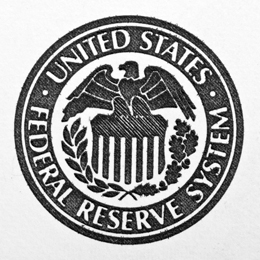Starting tomorrow, I will be off to Commonwealth’s National Conference for the rest of the week. It will be a very busy several days, including a giving-back project, which is a Commonwealth tradition that we do at every event, leaving a place somewhat better than we found it; a birthday dinner for an advisor friend; multiple other dinners and functions; and, of course, my conversation with Ben Bernanke on Friday.













